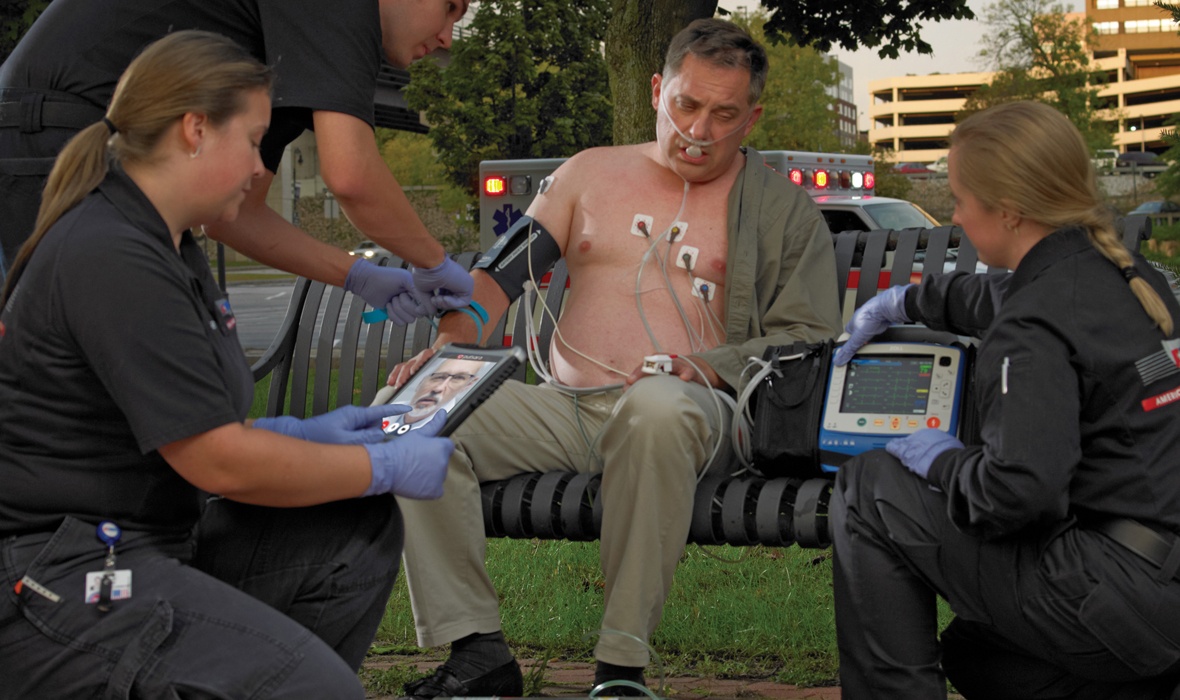Pulsara Around the World - February 2026
January Recap The start of 2026 was on the slow side for our events schedule, with our team heading to the Florida Fire & EMS Conference, the...
1 min read
 Hannah Ostrem
:
Sep 28, 2018
Hannah Ostrem
:
Sep 28, 2018

Tomorrow at 8:00am PST, Pulsara's Founder and CEO, Dr. James Woodson, will be speaking at Take Heart America's State of the Future of Resuscitation Conference in Oakland, CA. The goal of the conference is to "discuss ways to combine the best evidence and experience from the innovative work of the participants to optimize the systems-of-care approach to cardiac arrest."
Dr. Woodson will present about the need for regional communication networks, and how they are critical to a systems of care approach to cardiac arrest.

January Recap The start of 2026 was on the slow side for our events schedule, with our team heading to the Florida Fire & EMS Conference, the...

Recent research shows how Pulsara was successfully leveraged to connect more than 6,000 COVID-19 patients to monoclonal antibody infusion centers via...

At Pulsara, it's our privilege to help serve the people who serve people, and we're always excited to see what they're up to. From large-scale...